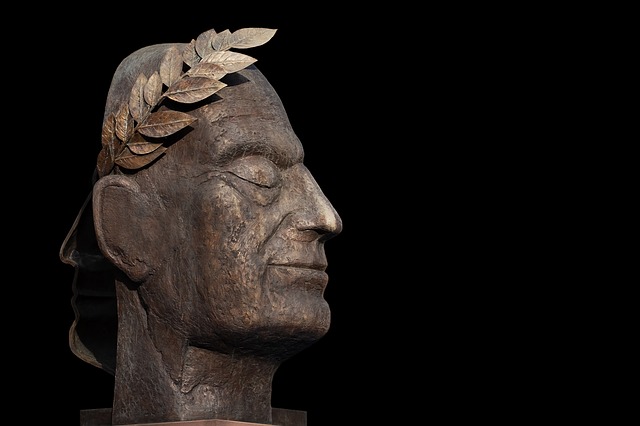In its early years, Roman culture absorbed inspiration from Hellenistic Greece. Later, as its sphere of influence expanded (under the Empire), it began to draw from other cultures as well. As a result, the Roman Empire was able to unify its vast territory and develop under its patronage in ways that the separate cultures of those regions could not.
The form of the earliest Roman musical culture is shrouded and not yet understood. However, we can assume that it was an important component of the social life of the earliest Romans. Music was thought to drive away evil demons and invoke the help of the gods. The Roman army had a band of musicians from the earliest days until the imperial period.
Music was also played in various satirical plays and pantomimes. In later times, a ceremonial chant called “Carmen Saeculare” by Horatiussurvives, which was performed alternately by a boys\’ choir and a girls\’ choir.
Large-scale choral music was very popular during the imperial period. However, the music itself declined under the influence of the excessive pomp of the new music. This decline did not occur until the rise of Christianity in the Roman area.
The symbiosis of Roman culture and the emerging Christianity gave rise to Byzantine culture in the eastern part of the empire. Byzantine culture retained the same character until its demise in the 15th century. The most famous representative of this musical culture is John of Damascus. Later, its foundations were taken over by the Russians and some South Slavs.
As musical art gradually declined, so did the artists and their role in society. There were times when musicians were counted among vagrants, thieves, and prostitutes. Thus they lived on the fringes of human society.
Not much direct musical material survives from the history of the Roman Empire. What remains is the following.
– Dionysos\’ three hymns to the Muse, Helios, and Nemesis, [19
– Pindar\’s Ode of Pithos,
.
– Euripides\’ Orestes,
.
– Melody for Two Hymns to the God Apollo,
.
– Fragment from Euripides\’ tragedy Iphigenia of Aulis,
.
.